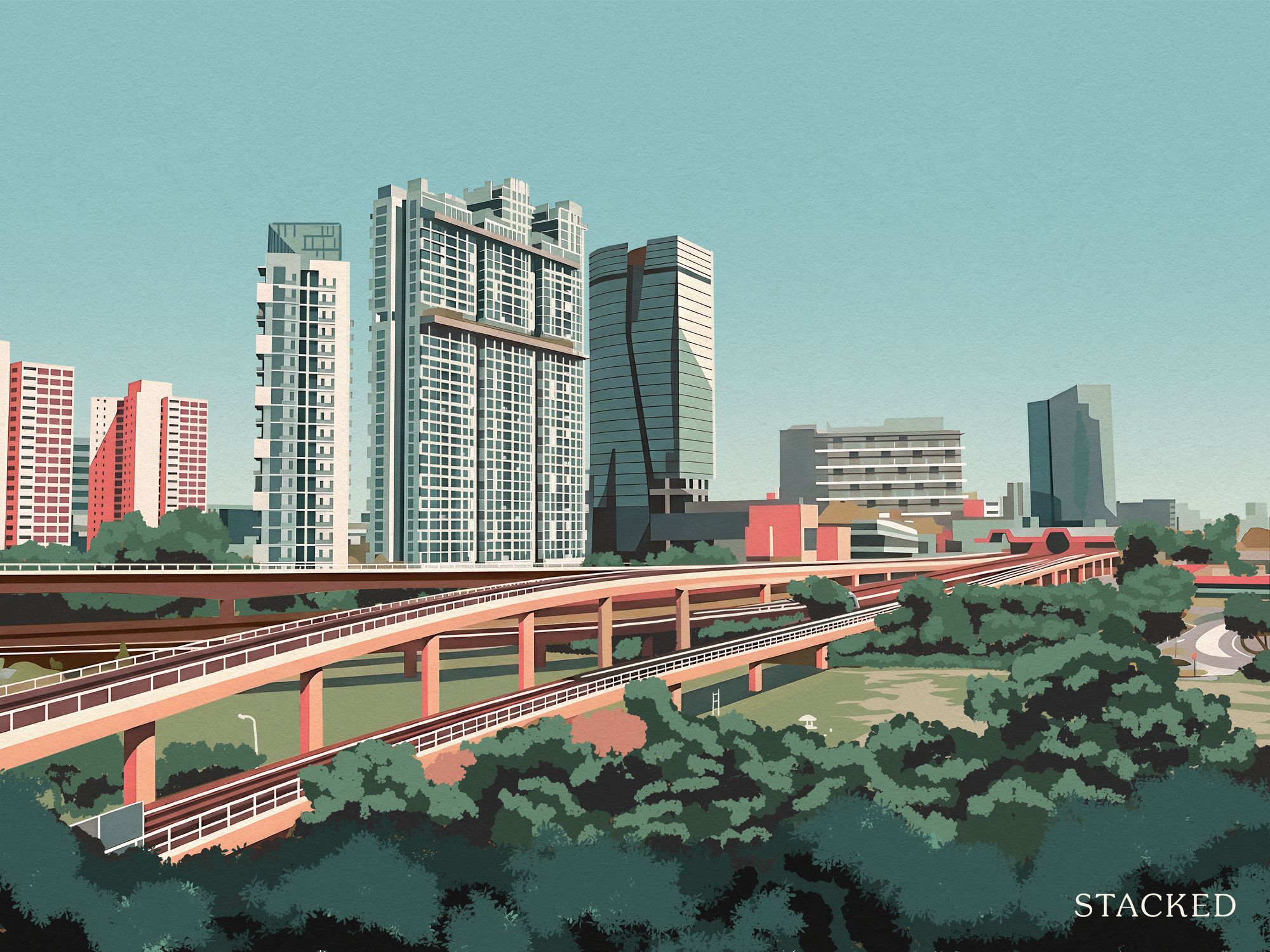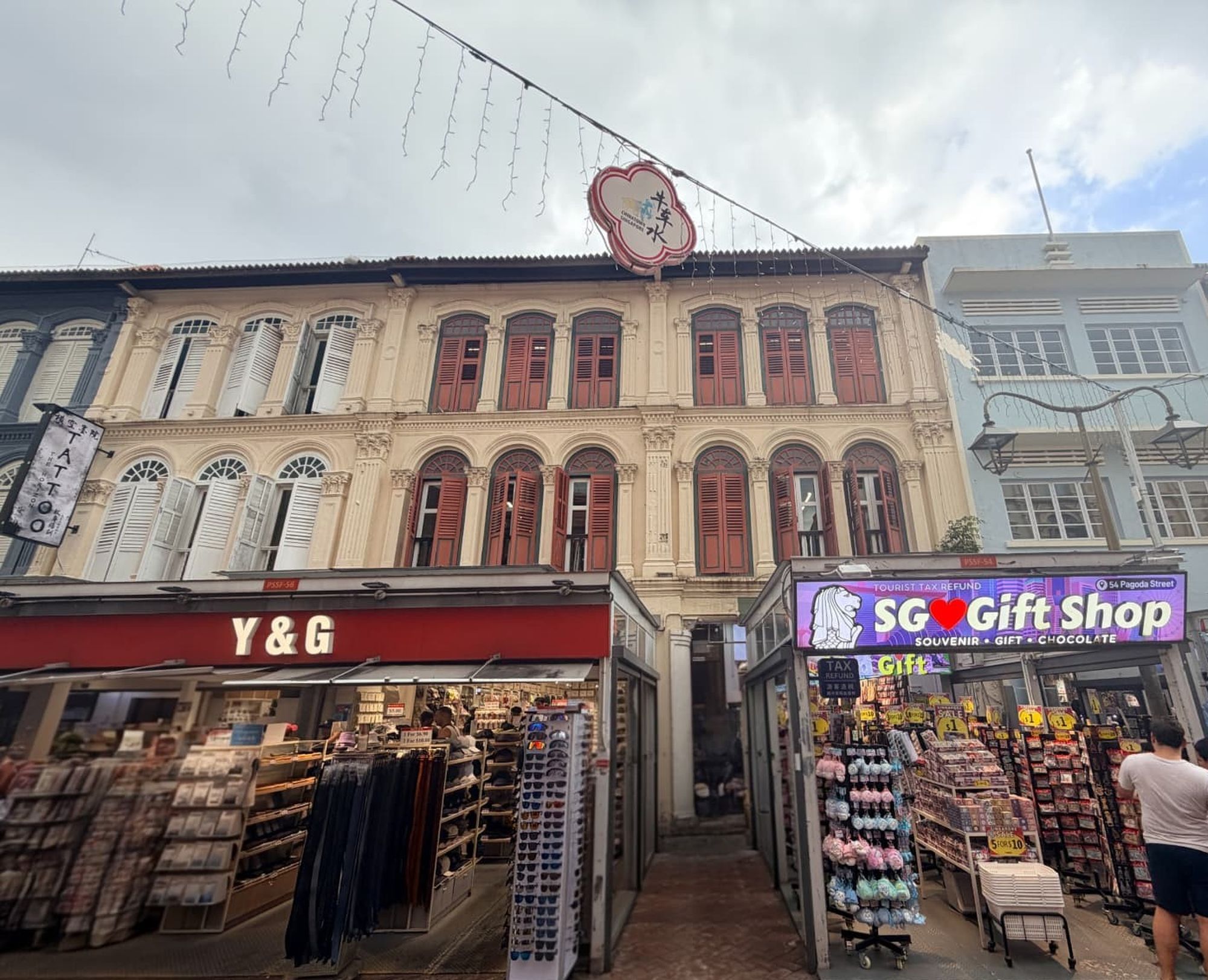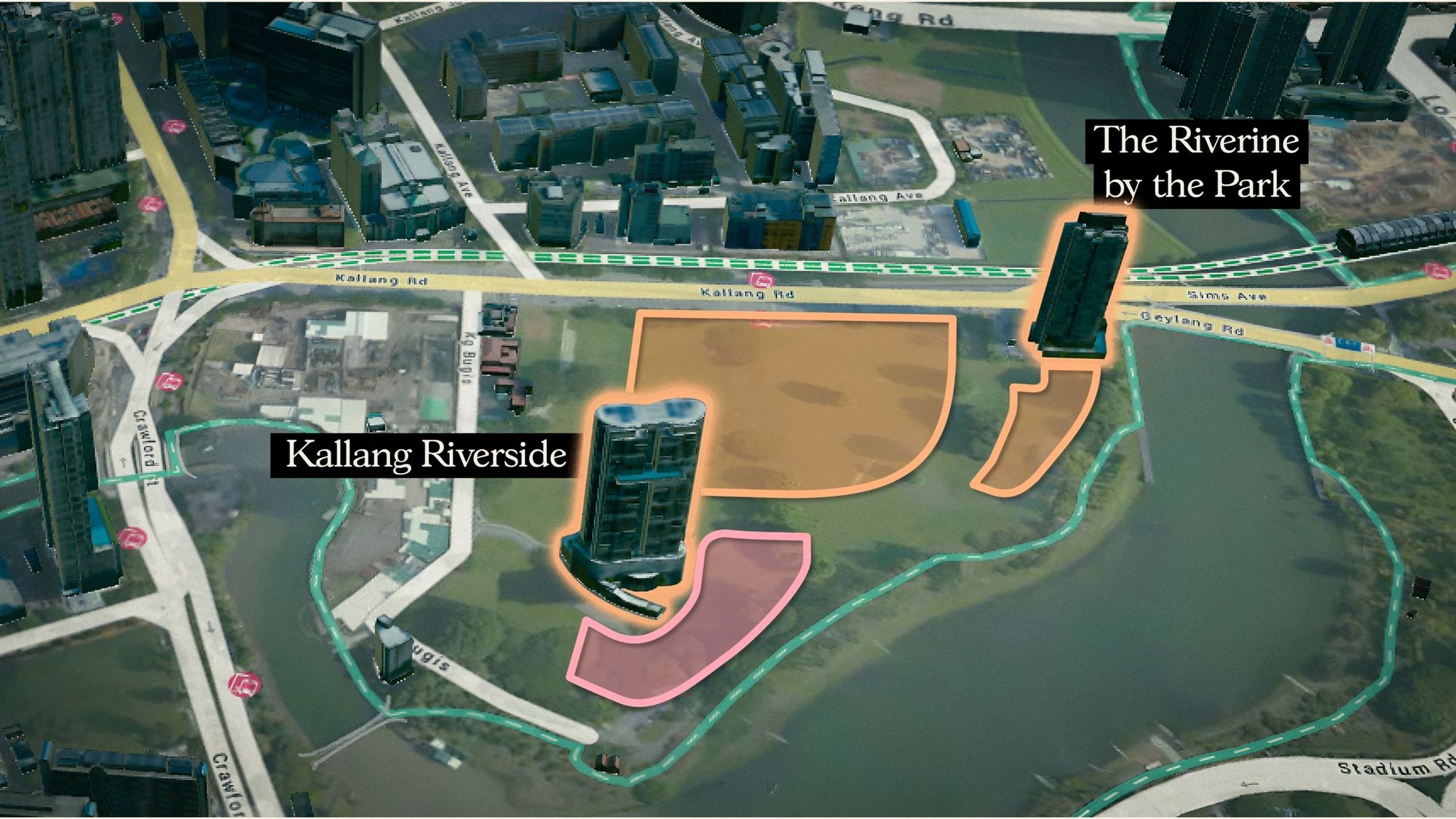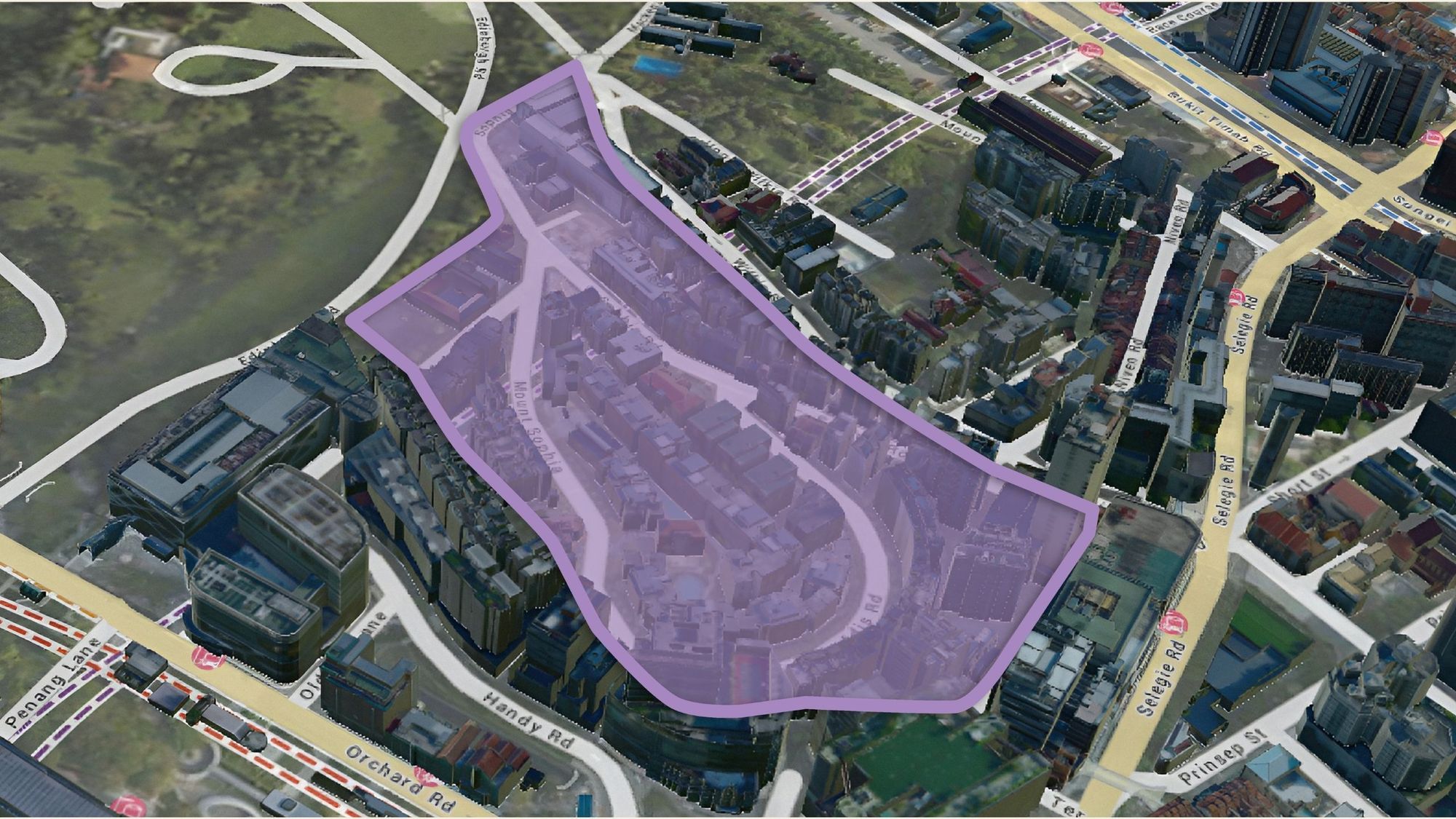My Spouse Passed Away And I Still Have An Outstanding Loan; Here’s What Happened
April 29, 2020

Early in November 2017, Jesse (not her real name) received a call that her husband had passed away. Just a few hours earlier, at around 4am, he had been taken to the hospital with breathing difficulties; she had assumed it was his childhood asthma returning.
It turned out to be a heart attack – this despite her husband being 38 years old, in good physical shape (he was even a part-time tennis coach), and with no other health issues.
While struggling through the emotional turmoil, Jesse was hit by another bomb just a week later: the bank was calling, and it was regarding an outstanding loan of over $610,000.
As the bank officer would soon inform her, Jesse was far from being the only person in this position. While retrenchment or business failures are more common problems, some homeowners may suffer the dual shock of a sole breadwinner or co-borrower passing on, and leaving them with an outstanding loan.
If you’re in this situation – or want to be prepared for it – here’s what you need to know:
What happens when the sole borrower passes on?
If there is a sole borrower, the mortgage is never inherited. For example, if your spouse was the sole borrower, the outstanding loan will not fall on your shoulders. This isn’t necessarily good news.
This doesn’t mean you get to keep the house. Rather, it means the bank will move to foreclose; or that the executor/administrator of your spouse’s estate will have to sell the property to pay off the outstanding loan.
What happens if there is a co-borrower for the home loan?
On paper, the co-borrower simply takes on the entire loan. But in practice, things are never that simple. This was the situation that Jesse faced:
“I was the co-borrower with my husband when he passed on. But the monthly loan amount was $4,300 – when my husband was around this was manageable by two of us.
But my own income is only about $5,000.
I was willing to keep paying, as I felt we could get by on about $700 a month. But the bank told me it wasn’t possible, even though I had the cash to pay for it.”
This is due to loan restrictions that they may have passed as a couple, but which Jesse couldn’t qualify for on her own. Chief among these is the Total Debt Servicing Ratio (TDSR).
Under the TDSR, your maximum home loan repayment – inclusive of all other loans – cannot exceed 60 per cent of your monthly income. So in Jesse’s case, the TDSR limit would have been $3,000 (60 per cent of $5,000).
Without meeting the TDSR, she could not take on the loan.
So what now? The home gets sold?
There are some measures you can take to prevent this. The first is to rope in working family members, who can be put down as co-owners / co-borrowers.
To do this, co-borrowers need to meet conditions such as having a good credit score and holding down their job for at least the past three months (i.e. they cannot immediately rush out to get a job, to help you with the loan).
But Jesse found there were issues roping in her sister, such as:
“My sister was intending to get married soon. If she had become my co-owner, she wouldn’t have had to buy her own home as a second property; and the additional stamp duty was very punishing”.
Singapore Citizens pay 12 per cent Additional Buyers Stamp Duty (ABSD) on their second home, which Jesse didn’t want to subject her sister to. In addition, remember that the co-owner of your private property can’t apply for an HDB flat later.
The other alternative was to stretch out the loan tenure, or pay down more of the loan, to make repayments fall within the TDSR range.
More from Stacked
So many readers write in because they're unsure what to do next, and don't know who to trust.
If this sounds familiar, we offer structured 1-to-1 consultations where we walk through your finances, goals, and market options objectively.
No obligation. Just clarity.
Learn more here.
A $2 Million HDB Flat? Here’s When We May Possibly See The First One
I remember the first time we hit a million dollars for an HDB flat (this was an Executive HDB at…
Jesse couldn’t stretch the loan tenure as it was already at 30 years – but something did come along to help pay off most of the mortgage.
Insurance saves the day
In the end, it was Jesse’s late husband’s life insurance policy that saved the home. But even then, the pay-out of around $500,000 fell short. Jesse still had to repay the remaining loan, after using all of the insurance money on the mortgage.
She says:
“It was only after that when I realised we should have had mortgage insurance – but I’m grateful we at least managed to keep the house.
I think my message to Singaporeans is that all the solutions are not good ones, so make sure you’re properly covered.”
To recap, the few possible solutions are:
- Finding a way to pay down the mortgage, until you can take on the loan by meeting the TDSR
- Stretching the loan tenure to lower monthly repayments, so that you can meet the TDSR (the maximum loan for private property is 35 years, but the loan quantum is lowered if you go past 30 years, or the loan tenure plus your age exceeds 65)
- Finding another co-owner; but with the understanding that your co-owner takes on all the resulting liabilities and restrictions (e.g. if you get your children to be co-owners, they cannot apply for their own HDB flat while they still own the private property with you)

Property AdviceMy Income Situation Changed After Signing The Option To Purchase. How Now?
by Ryan J. OngAs a preventative measure, note that mortgage insurance can resolve this problem while leaving your life insurance payout untouched
Mortgage insurance pays out the outstanding home loan amount, in the event that you pass away, or suffer a permanent disability. Note that this is not the same as fire insurance or home content insurance (those have absolutely nothing to do with your mortgage).
Private properties can be covered by Mortgage Reducing Term Assurance (MRTA), and the reason some private homeowners don’t have it is that – unlike HDB properties – they’re not required to buy it.
(For HDB, there is a Home Protection Scheme (HPS) which fulfils the same role. It’s mandatory, so you definitely have it if you have an HDB property).
MRTA should be an “auto-include” from the moment you purchase a private property; and it’s especially important in the earlier years when your outstanding mortgage is sizeable.
Plan ahead; don’t forget the emotional impact and stress that can be caused by these situations

Besides MRTA, it’s best to have a conversation with your co-owner about what to do with the house, if one of you takes an unexpected trip to the Pearly Gates.
Have a pre-set plan, such as an agreement to sell the property if it happens, or to give the working children an option to step-in, and sell if they don’t want to retain the home.
Jesse recalls that: “It was hard to make a decision that was free of emotion, as part of me felt like losing the home was losing even more of my late husband. In hindsight, if we had an established plan for me to follow, it would have been easier.”
While you’re at it, be sure to keep your family informed of the various insurance plans, so they know who to call.
For HDB owners, note that your mandatory HPS can be replaced by an MRTA from a private insurer if you prefer (and yes, there are cases where an MRTA policy is cheaper than the default HPS, so shop around if you want to save a bit).
At Stacked, we like to look beyond the headlines and surface-level numbers, and focus on how things play out in the real world.
If you’d like to discuss how this applies to your own circumstances, you can reach out for a one-to-one consultation here.
And if you simply have a question or want to share a thought, feel free to write to us at stories@stackedhomes.com — we read every message.
Ryan J. Ong
A seasoned content strategist with over 17 years in the real estate and financial journalism sectors, Ryan has built a reputation for transforming complex industry jargon into accessible knowledge. With a track record of writing and editing for leading financial platforms and publications, Ryan's expertise has been recognised across various media outlets. His role as a former content editor for 99.co and a co-host for CNA 938's Open House programme underscores his commitment to providing valuable insights into the property market.Need help with a property decision?
Speak to our team →Read next from Homeowner Stories

Homeowner Stories We Could Walk Away With $460,000 In Cash From Our EC. Here’s Why We Didn’t Upgrade.

Homeowner Stories What I Only Learned After My First Year Of Homeownership In Singapore

Homeowner Stories I Gave My Parents My Condo and Moved Into Their HDB — Here’s Why It Made Sense.

Homeowner Stories “I Thought I Could Wait for a Better New Launch Condo” How One Buyer’s Fear Ended Up Costing Him $358K
Latest Posts

Pro Older Jurong East Flats Are Holding Their Value Surprisingly Well — Even After Lease Decay Kicks In

On The Market A Rare Pair Of Conserved Shophouses In Chinatown Just Hit The Market For $32.5M

Singapore Property News Some Units At This Freehold Riverfront Condo Could Lose Their Views — But Here’s How Prices Have Actually Moved




































0 Comments